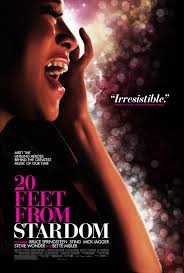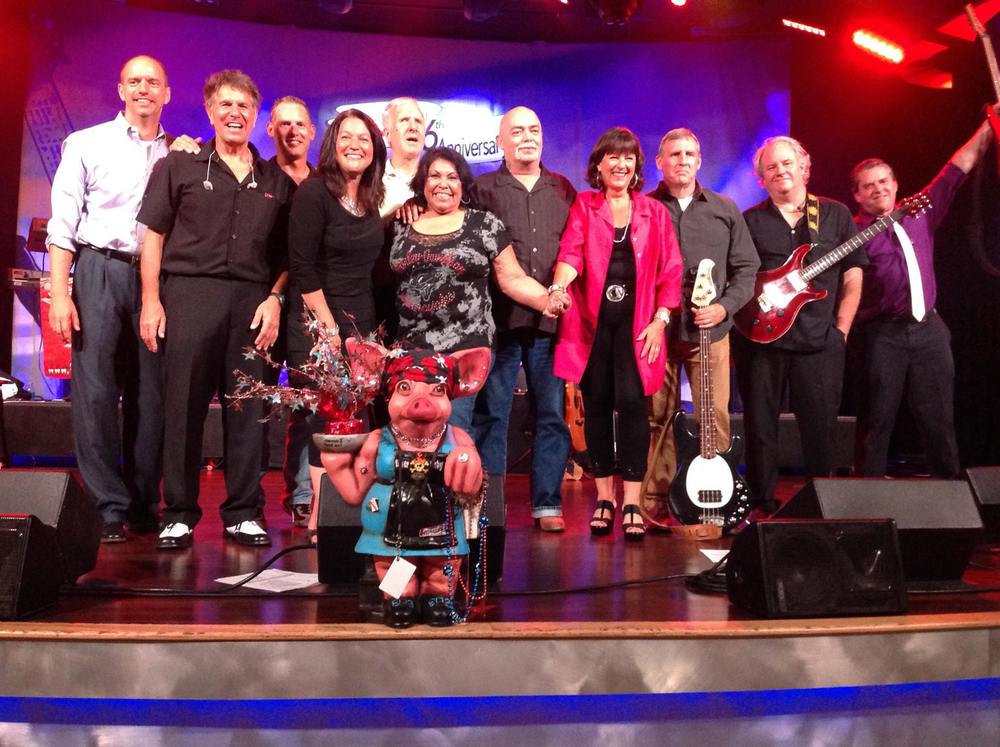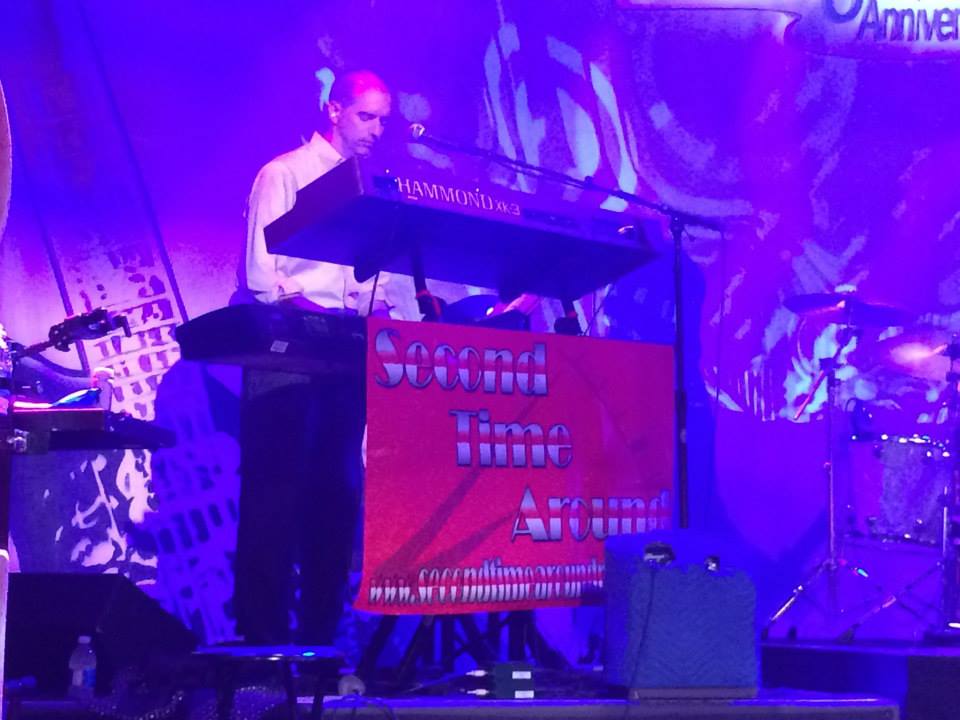Of Tina Fey, Randy Newman, Ebola and Kate Upton
In 1999, Randy Newman sang these words: “I have nothing left to say, but I’m going to say it anyway” and “Each record that I’m making is like a record that I’ve made, just not as good.” In Newman’s inimitable self-deprecating style, it comes of both hilarious and ironic, since his album Bad Love is arguably among the artist’s best efforts; it’s actually my favorite album of his illustrious career.
I too have nothing left to say, it seems, as I’ve spent the last month pursuing activities that include not a word written, a note composed nor a chord recorded. However, since I recognize that age forty-six is quite a long way from the coffin (once can hope, at least) that I better begin writing something or I’ll simply have to go the way of Billy Joel and call it a career (without, um…the actual career). I figure, if Bob Seger can come up with something say even after no one cares, why not me?
So here goes…just a few things on my mind:
I’d be a lot happier for the Kansas City Royals were it not for all the former Brewers. A little glimpse of what might have been.
I could not be less worried about Ebola. So why is it taking up so much news time? Somewhere around 32,000 U.S. citizens die from influenza each year, garnering less than a front page headline.
In a perfect world, I would be that guy who reads The New Yorker, The New York Times and The Wall Street Journal, I'd be up on my politics, I'd have read all the classics and I’d know three languages. Alas, I am not that guy.
Tina Fey, while an excellent writer and comedic genius, is no dramatic actress, and the film “This is Where I Leave You” suffers as a result, not to mention that author Jonathan Tropper writes his own screenplay and is just a little too faithful to his original work. Sometimes an editor is necessary.
If an artist is going to go through the trouble of printing out its song lyrics with a CD, wouldn’t you suppose the lyrics should be easy to read? Yeah, I’m talking to you, Rufus Wainwright, The Shins and Dave Matthews and Pink Floyd and Prince and…
The fall of the Milwaukee Brewers, as demoralizing as it was to witness, did in fact prove my preseason prediction correct. On March 26 I wrote to some friends, “I said between 83 and 85 wins (earlier). I'm going to go on the low side. 83-79, good enough for third place, but no playoff.” The Crew finished 82-80. Third place. No playoffs. I’d rather have been wrong.
I’ve heard that you should never look at another woman who’s younger than half your age plus seven years. So for me, that’s thirty years of age. Kate Upton is twenty-two. So yeah, I’m failing that test.
Running once every six months does in fact make the run much more painful. I finished a 5K last month in relatively good time and felt it for three days.
If my daughters are any indication, senior year of high school is no longer considered a fun year (mine was a blast). They have been trudging through their existence, almost as if they were well into their second decade of a dead-end job that earns little pay. I guess, in a way, they are into their second decade of a dead-end job with little pay, except that this year there is an end, and a year from now their lives will dramatically improve. But for goodness’ sake, whatever happened to the notion of enjoying the ride?
Some gifts keep on giving: the vertebra I fractured in December of 1990 is coming back to wreak havoc on my neck. Perhaps I should have taken a beginners lesson after all. Unfortunately I was immortal when I was twenty-two.
In the category of “Lessons You’ve Learned but Don’t Heed,” I went on a record and CD-buying binge last month, and now I feel the stress of having all these albums that need listening too. Perhaps this is why I have nothing left to say: I’m too busy listening to music!



